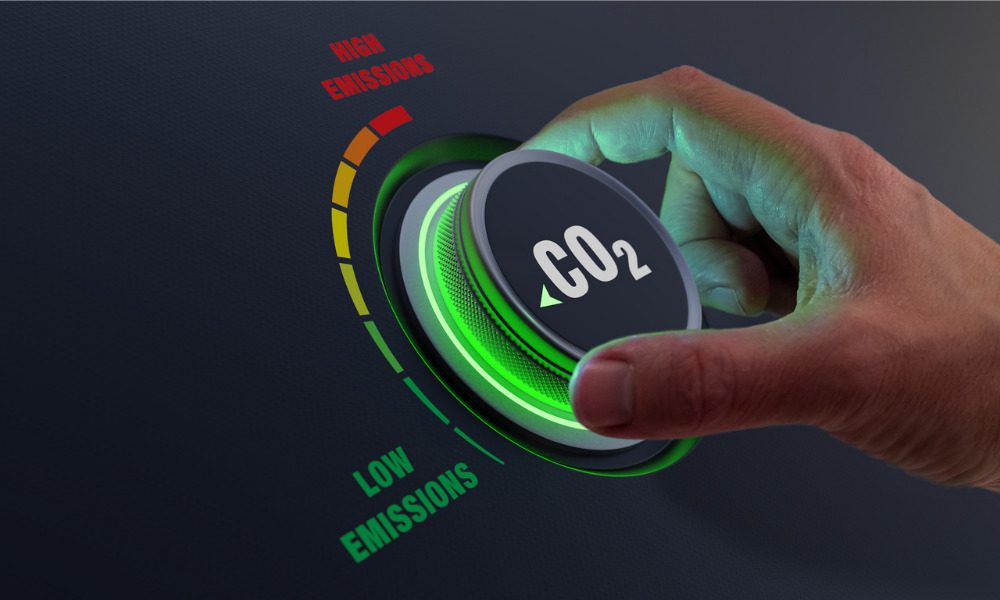Net-zero laggard insurers are putting their reputations at stake

A group of over 20 of the world’s leading insurers, representing more than 11% of world premium volume globally, has joined the UN-convened Net Zero Insurance Alliance (NZIA), committing to transition their insurance and reinsurance underwriting portfolios to net-zero greenhouse gas (GHG) emissions by 2050. The NZIA also advocates for and engages in governmental policies for a science-based and socially just transition of economic sectors to net zero.
The few naysayers and/or laggards in the insurance industry “face major reputational risks,” said Santenac. “No-one wants to be on front page news for not doing enough, quickly enough in their transition to net zero.”
The urgency to act was set in stone at the 26th United Nations Climate Change conference (COP26), held in the UK, which delivered an agreement to “phase down” coal, a new focus on achieving a just transition through biodiversity and sustainable development, and heightened levels of commitment from the private sector, including from insurers.
A need for appropriate base standards for sustainability reporting was stressed by the insurance industry via the NZIA and the Geneva Association’s Task Force on Climate Risk Assessment – which included 17 of the world’s largest P&C and life insurers, including: Achmea, Aegon, AIG, Allianz, Aviva, AXA, Chubb, Daichi Life, Hannover Re, Intact Financial, Manulife, MetLife, Munich Re, Prudential Financial, SCOR, Swiss Re, and Tokio Marine.
One key announcement at COP26 was the creation of the International Sustainability Standards Board (ISSB), a standards-setting body under the International Financial Reporting Standards Foundation (IFRS), with the task of setting global baseline standards for sustainability reporting with a focus on climate change.
Read next: Intact Financial unveils net zero sustainability plan
While these standards are what the insurance industry has been asking for, they do come with new regulatory risks associated with mandatory reporting, as well as new capital requirements.
“Once standards are set, regulators will start to force companies to disclose their actions according to those standards, and they will be judged or measured on what they’ve done compared to their peers,” said Santenac. “Obviously, that’s going to create emulation, because investors will question companies about why their peers are more advanced than they are. Investors are going to ask: ‘Why are you so slow?’”
Greenwashing is another big risk, according to Santenac. Investopedia defines greenwashing as: “the process of conveying a false impression or providing misleading information about how a company’s products are more environmentally sound. Greenwashing is considered an unsubstantiated claim to deceive consumers into believing that a company’s products are environmentally friendly.”
Read more: How insurance companies are influencing the globe’s great energy transition
This depends on how insurers disclose and communicate their sustainability targets and actions.
“New regulation and standards will create another level of discussion,” explained Santenac, “and the big risk there is if companies communicate things that are not totally accurate or could be contradicted a few months later. Greenwashing is big risk. We haven’t seen it yet among insurers, but we’ve started to see regulators fining banks for greenwashing. It all ties into the reputational risk.”
How insurers act and disclose their intentions around the transition to net zero could also influence another big challenge in the sector – talent attraction and retention.
“The transition to net zero is important to people worldwide,” Santenac emphasized. “We see more and more that the younger generation wants to work for companies that have a noble purpose. The insurance industry has a noble purpose by definition, but if insurers fail to act on climate change and the transition to net zero, I think they’ll miss an opportunity to attract and retain top talent. That’s a big risk for the industry.”





